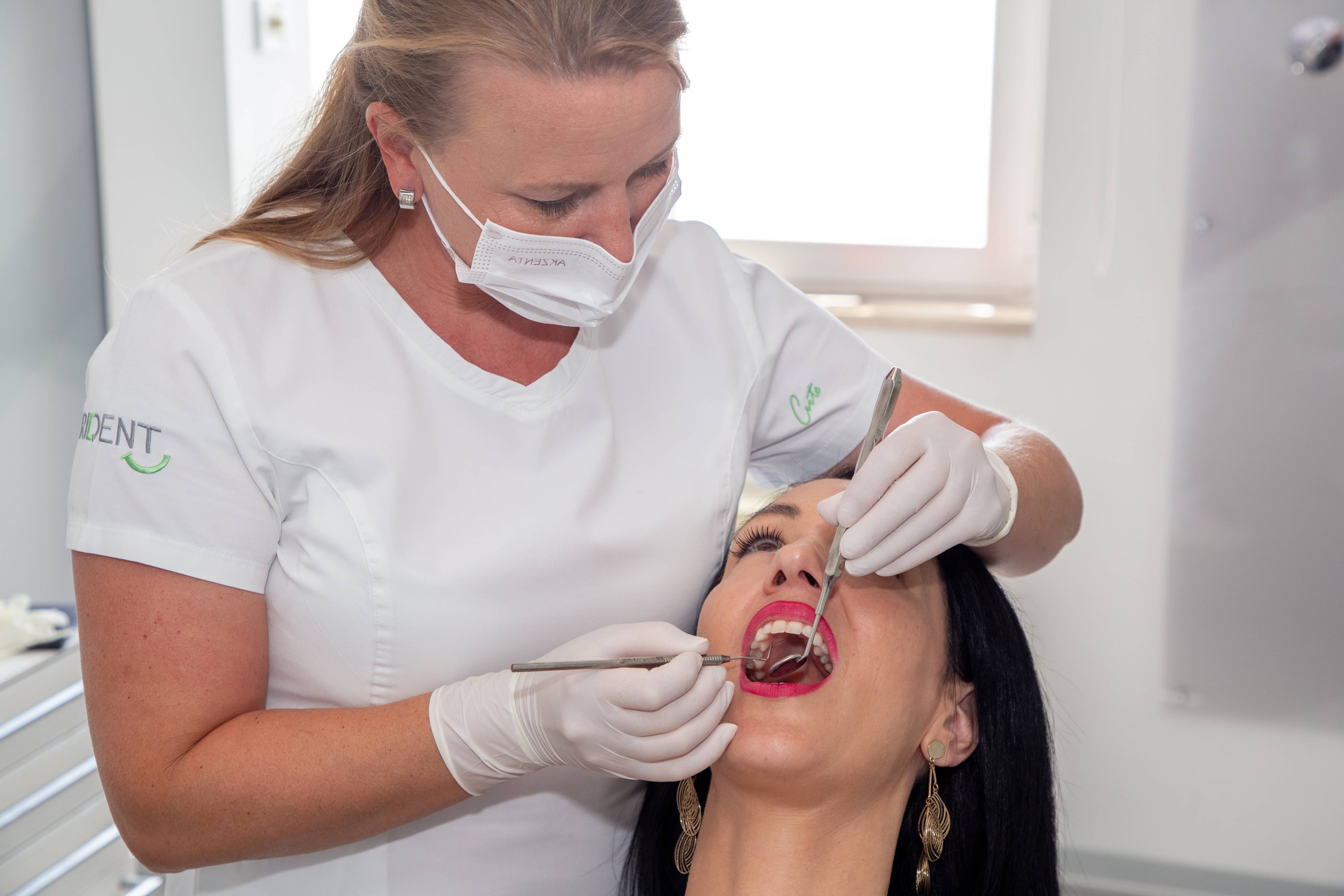20.01.2025
Microbes in the mouth play a key role in oral health in a number of ways. Bacteria present in the mouth help break down food, which contributes to the process of food digestion. Bacteria such as Streptococcus mutans can contribute to tooth decay because they metabolize sugars and produce acids that attack tooth enamel. Microbes also help maintain the balance of the PH value in the mouth by preventing the overgrowth of harmful bacteria. Some bacteria, such as the probiotic Lactobacillus strains, provide protection against infections and maintain a healthy flora of the oral cavity. Regular maintenance of oral hygiene is essential to control the population of microbes in the mouth.
Recent research suggests that probiotics may also play a key role in maintaining a healthy oral cavity. Probiotics are live microorganisms that, when consumed in adequate amounts, provide numerous health benefits. By adding probiotics in the form of daily food supplements (lozenges or chewable tablets), by consuming foods rich in probiotics (yogurt, kefir, milk, ice cream, some types of cheese), and by using mouth care products that contain probiotics (toothpastes and mouthwashes oral cavity) we have a positive effect on the health of the oral cavity.

An imbalance of the microbiome (the community of bacteria, fungi and other microorganisms that inhabit the oral cavity) can lead to a variety of oral problems including tooth decay, gingivitis and bad breath. The oral microbiome can also be related to the general health of the body, as there is evidence of a link between oral health and heart disease, diabetes, and other conditions. Therefore, maintaining the balance of the oral microbiome is essential for oral and general health.
In addition to bacteria, fungi and viruses can be found in the mouth, for example Candida albicans is a fungus that causes infections of the mucous membrane of the mouth, especially in people with a weakened immune system. The herpes simplex virus can cause herpes labialis, which results in painful blisters on the lips and around the mouth. The oral microbiome can also affect the taste and smell of breath, which can be an important aspect of oral health and self-confidence.
In conclusion, with regular and proper oral hygiene, proper and healthy diet and regular preventive (control) dental examinations, while maintaining and restoring the balance of the oral microbiome, we have a positive effect on the oral and general health of the organism.